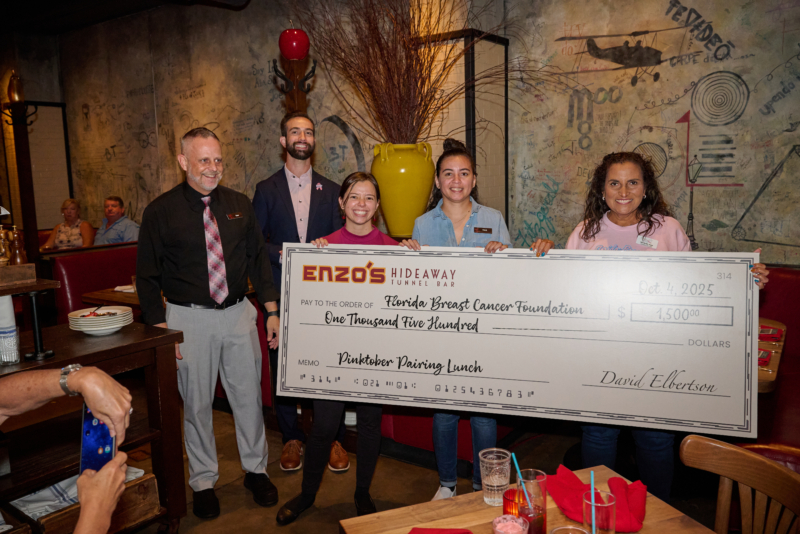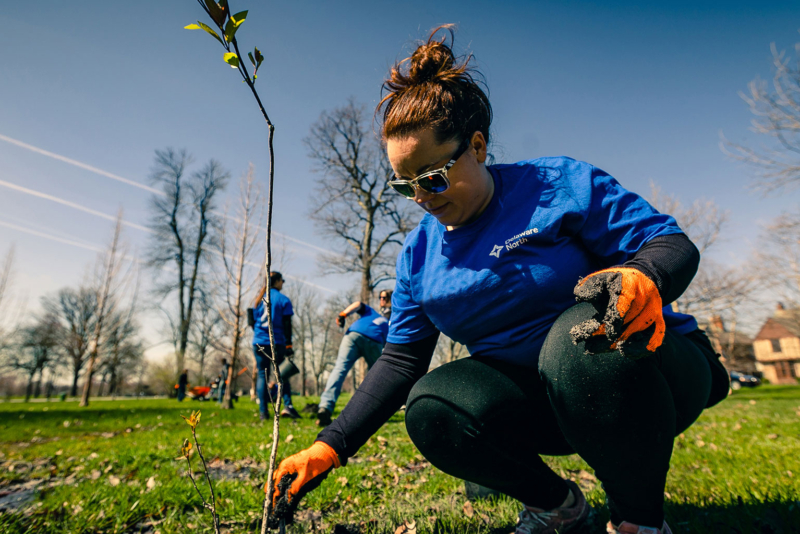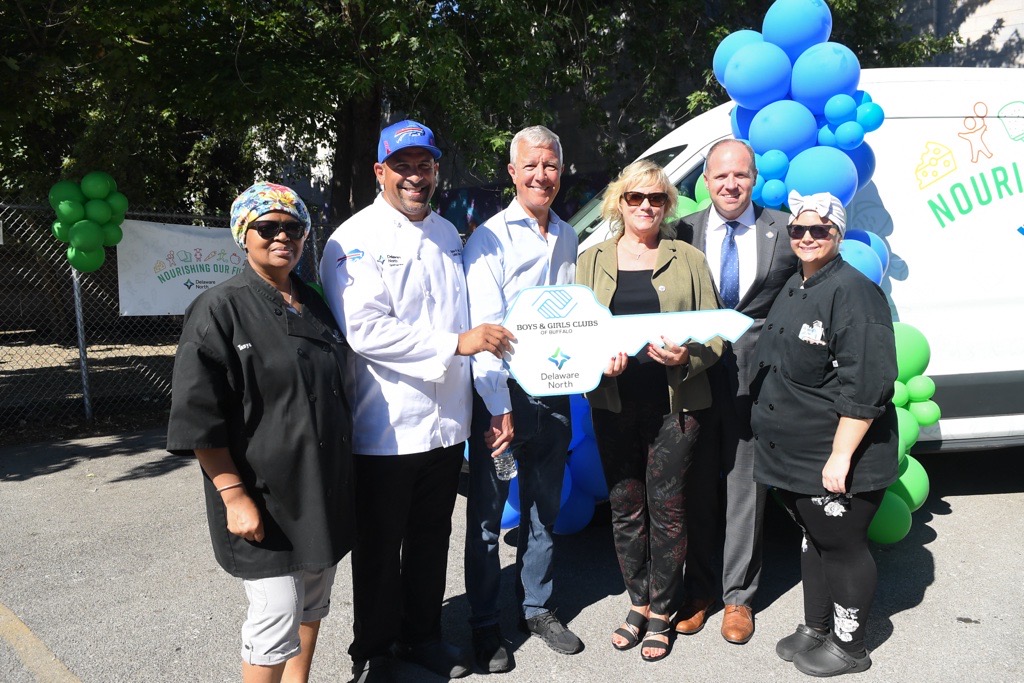We believe every experience has the power to connect and transform.
Our vision is clear – To delight guests by creating the world’s best experiences today while reimagining tomorrow. To achieve it, we embrace core values of collaboration, innovation, leading by example and doing the right thing.


Our People
At Delaware North, we take pride in offering a welcoming workplace where team members learn, grow and thrive. With exciting, fast-paced work and real-world, hands-on learning, we offer an enriching employee experience with opportunities for both personal and professional development.
We are committed to a workplace anchored in our Vision & Values. Surrounded by a collaborative and supportive team, our team members create exceptional experiences, making even ordinary moments extraordinary for our guests.
Our Communities
Delaware North has a rich tradition of unmatched integrity and community service. We know that being a good corporate citizen means much more than writing a check. Delaware North team members also involve themselves in a wide range of volunteering and fundraising efforts, with each location responsible for identifying ways to support the local community.
Through our Healthy Hometowns program, Delaware North invests in proven social determinants of health and quality of life, including child and family health and safety, equity in education and workforce readiness. We make these investments in the communities where we live and work, with a goal of positively impacting the lives of our team members, guests and neighbors.




Our Environment
Our environmental management program – GreenPath® – guides us as environmental stewards as we contribute to building a healthy planet for future generations. To minimize the impact of our operations, we establish goals and implement improvements focused on sourcing responsibly, eliminating waste, conserving water and reducing energy consumption.
